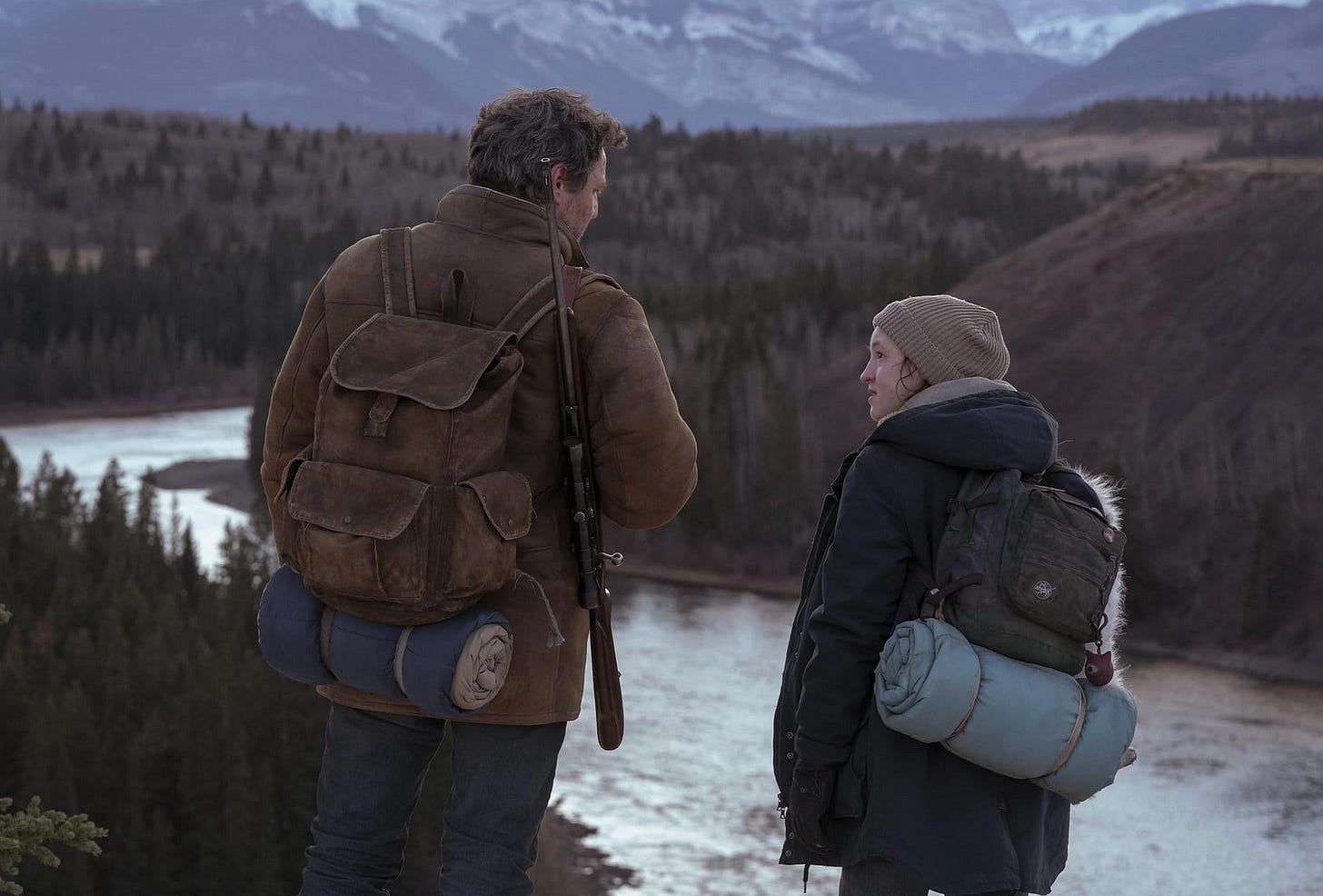‘The Last of Us’ May Be the First Zombie Show Worthy of Your Time
Can flesh-eating zombies make for good television?
In the last twenty years, Hollywood has seen its fair share of zombie shows. But from Z Nation to The Walking Dead and all of its various spinoffs, it doesn’t exactly demand a critical eye to see that these worlds teeming with reanimated corpses fall somewhere shy of great television.
The Walking Dead displayed a lot of potential in its early episodes…
Keep reading with a 7-day free trial
Subscribe to The Gen Z Report to keep reading this post and get 7 days of free access to the full post archives.


